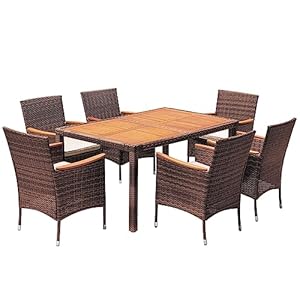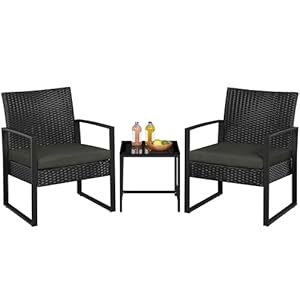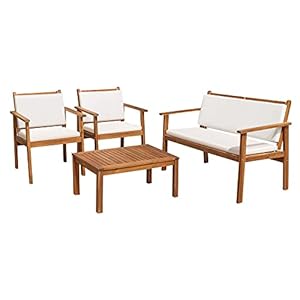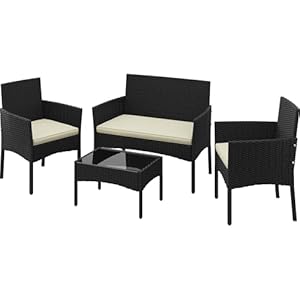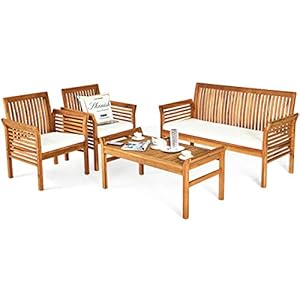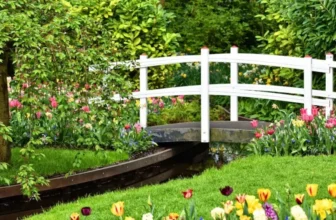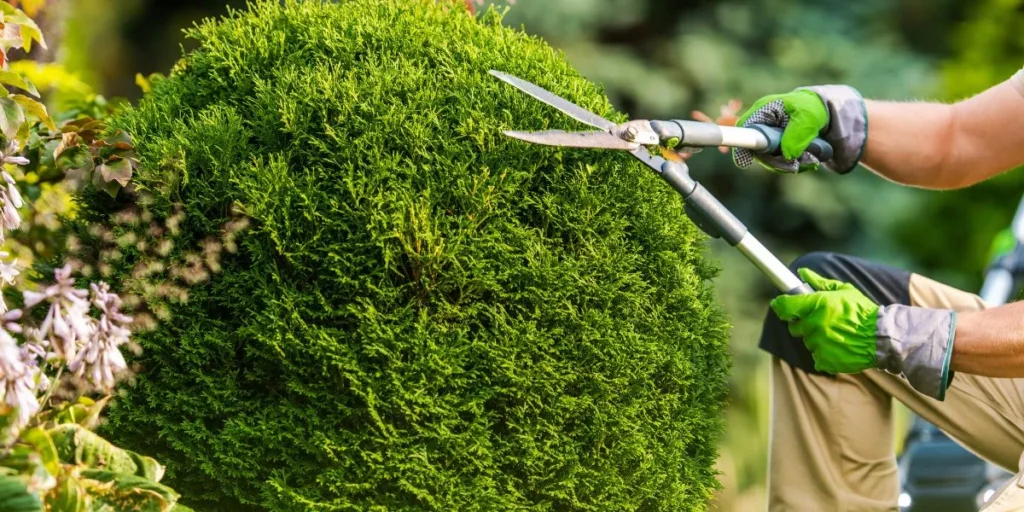
When it comes to safely disposing of sharp gardening tools, it’s crucial to handle them with care to avoid any unnecessary risks. From cleaning and storing them properly to exploring various disposal options, there are several steps you can take to ensure the process is done safely and responsibly. But how can you guarantee that these tools won’t pose a danger to others once you’re done with them? Stay tuned to discover some insightful tips on the best practices for handling and disposing of sharp gardening tools effectively.
Importance of Proper Disposal
To prevent injuries and environmental harm, it’s crucial to properly dispose of sharp gardening tools. When you discard sharp tools like pruners, shears, or saws haphazardly, they pose serious risks. Improperly disposed tools can cause cuts, puncture wounds, or other injuries to unsuspecting individuals, especially waste management personnel or curious children. By ensuring you dispose of these tools correctly, you contribute to a safer environment for everyone.
Proper disposal also helps protect the environment from contamination. Sharp gardening tools may carry dirt, plant residues, or even chemicals that can leach into the soil or water sources if not disposed of properly. This contamination can harm plants, animals, and the overall ecosystem. By disposing of your sharp tools responsibly, you play a crucial role in preserving the environment for future generations.
Preparation for Disposal
Ensure your sharp gardening tools are clean and securely stored before preparing them for disposal. Cleaning the tools helps prevent any dirt or debris from spreading during disposal and reduces the risk of accidental cuts.
Start by wiping down the tools with a damp cloth to remove any soil or plant residues. For stubborn dirt, use a brush and soapy water to scrub the blades thoroughly. Once clean, make sure to dry the tools completely to prevent rusting.
After cleaning, it’s essential to store the tools safely until disposal. Consider placing them in a sturdy container or wrapping them in a protective covering to prevent any accidental injuries. Avoid leaving sharp tools lying around where they can pose a danger to others. Additionally, storing them properly ensures that they’re ready for safe disposal when the time comes.
Safe Disposal Methods
For safe disposal of sharp gardening tools, explore recycling options in your local area to responsibly dispose of them. Many communities offer recycling programs specifically designed for garden tools, including shears, pruners, and other sharp items. Contact your local waste management facility or recycling center to inquire about drop-off locations or scheduled collection events for these items.
If your area doesn’t have a dedicated program for sharp gardening tools, consider contacting hardware stores or garden centers. Some of these businesses may accept used tools for recycling or proper disposal. Additionally, some manufacturers have take-back programs where you can return old tools for recycling when purchasing new ones.
Always prioritize safety when handling and transporting sharp gardening tools for disposal. Secure the blades or points to prevent injuries during transit. Consider using a sturdy container or wrapping the tools in thick layers of newspaper or bubble wrap to contain the sharp edges.
Eco-Friendly Disposal Options
Explore eco-friendly disposal options for sharp gardening tools by considering composting as a sustainable way to repurpose your old equipment. Composting involves breaking down organic materials like old gardening tools into nutrient-rich soil.
To compost sharp tools like pruning shears or trowels, start by removing any plastic or rubber components that aren’t biodegradable. Next, place the metal parts in a designated composting area. Consider using a compost bin or pile that’s inaccessible to pets or children to ensure safety.
Over time, microorganisms will break down the metal, transforming it into compost that can be used to enrich your garden soil. This method not only helps reduce waste in landfills but also provides a natural and beneficial way to dispose of your sharp gardening tools.
Remember to wear gloves and exercise caution when handling sharp tools during the composting process to prevent any accidents. Composting is a simple yet effective way to give new life to your old gardening tools while being environmentally conscious.
Garden


